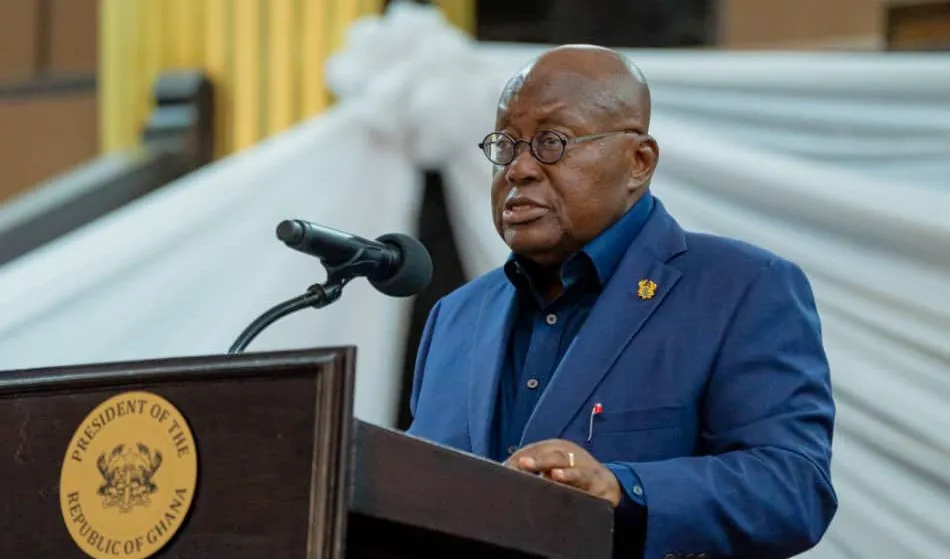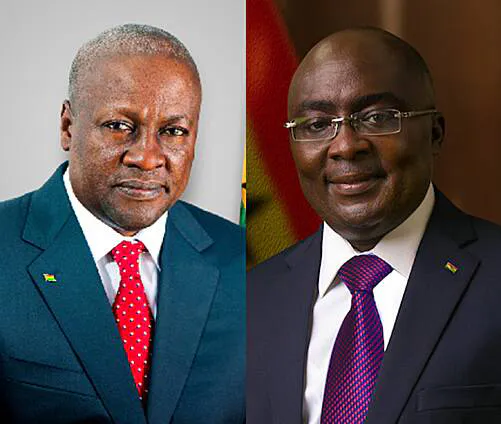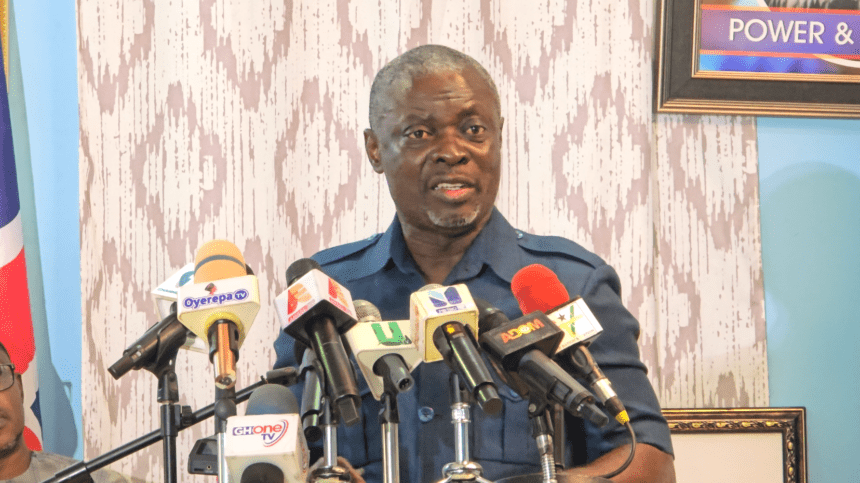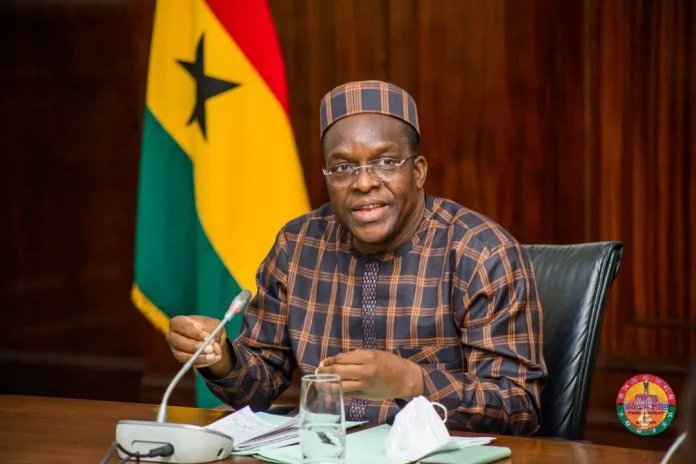President Akufo-Addo says for drug policies to be effective, they must be based on scientific research, respect for human rights, compassion, and a deep understanding of the social, economic, and health implications of drug use.
He said there was a global socio-economic situation that compelled people to make risk-taking decisions, including drug trafficking and abuse, indicating that the dimensions and impact of drug trafficking were intensive, extensive and complex.
The President said this in a speech read on his behalf by Mr Henry Quartey, the Minister for Interior at the 2024 International Day Against Drug Abuse and Illicit Trafficking, also known as the World Drug Day (WDD) in Accra.
The celebration which was also to launch the 2023 World Drug Report was on the theme: “The Evidence is Clear: Invest in Prevention.”
The WDD is a day set aside annually by the United Nations General Assembly by resolution 42/112 of December 7, 1987, for Member States to raise awareness of the risks and effects of drug abuse and illicit drug trafficking as well as to consider the most effective countermeasure.
The President said the theme sought to draw the world’s attention to the need to intensify and direct all efforts to prevent trafficking in and abuse of illicit drugs, which had brought an untold devastating health condition to millions of people worldwide.
He said Drug trafficking made drugs available for consumption, leading to the development of substance use disorders (SUDs), a very destructive and worrying health condition.
He said according to the 2023 World Drug Report, drug use disorders were harming health, including mental health, safety and well-being, stating that stigma and discrimination made it less likely that people who use drugs would get the help they needed.
“Fewer than 20 per cent of people with drug use disorders are in treatment, and access is highly unequal,” he added.
The President said Ghana had never been spared from the impact of drug trafficking, drug abuse and attendant health problems, however, it was heartwarming to state that Ghana acknowledged the challenges with the implementation of international and domestic drug policies, particularly for the health and safety of the Ghanaian society.
He said the Government was committed and would continue to provide the needed resources to the Narcotics Control Commission and other security agencies to perform their mandate efficiently thereby ensuring the safety and the security of all Ghanaians.
The President said Ghana had taken bold steps in reforming the country’s drug policies by enacting the Narcotics Control Commission Act, 2020 (Act 1019), which largely addressed the drug challenges confronting the nation.
He called on all and sundry to lend support to law enforcement agencies in the fight against the drug canker.
Mr Kenneth Adu-Amanfoh, the Director-General of, the Narcotics Control Commission (NACOC), said last year, the NACOC through its Demand Reduction Directorate, sensitised a total of 308,312 students across 1,322 institutions at all levels of education.
He added that additionally, NACOC engaged 63 communities and 73 faith-based institutions, stating that these achievements were made possible through collaborative efforts with other relevant state institutions.
The Director-General said NACOC was engaging and collaborating with its partners to establish Drop-In Centers in some regional capitals to offer counselling services to persons suffering from SUDs, providing the critical support needed for recovery from addiction.
“The NACOC is committed to ensuring that a scientific evidence-based approach is used in developing prevention outreach programs that are tested and effective in dealing with drug use among the youth,” he added.

 Business1 week ago
Business1 week ago
 Entertainment5 days ago
Entertainment5 days ago
 Politics5 days ago
Politics5 days ago
 News5 days ago
News5 days ago
 Finance5 days ago
Finance5 days ago
 Politics5 days ago
Politics5 days ago
 Entertainment5 days ago
Entertainment5 days ago















